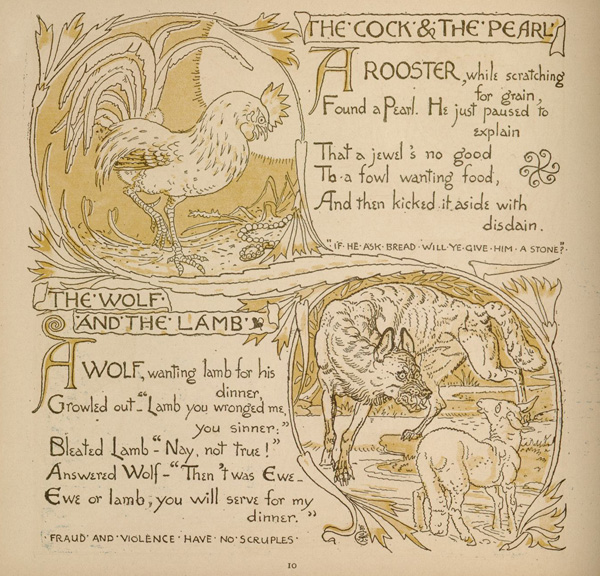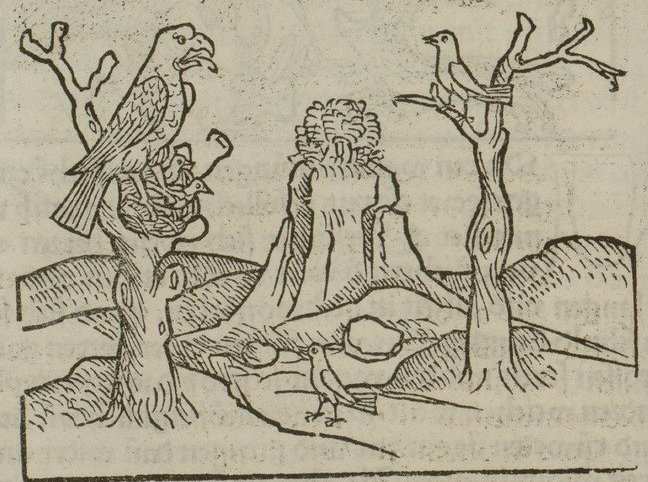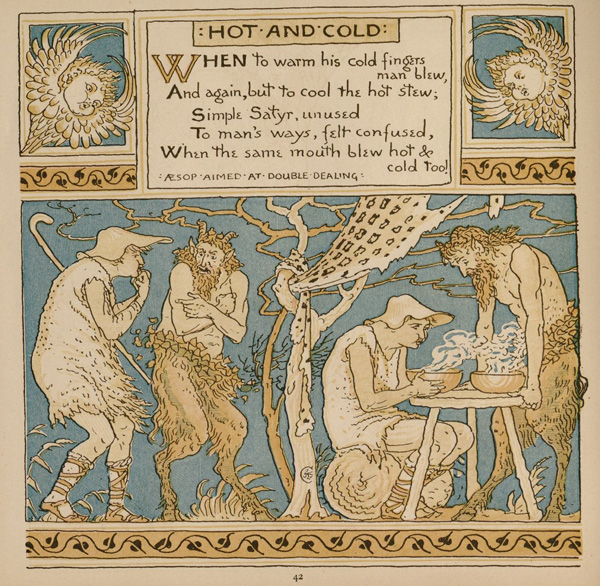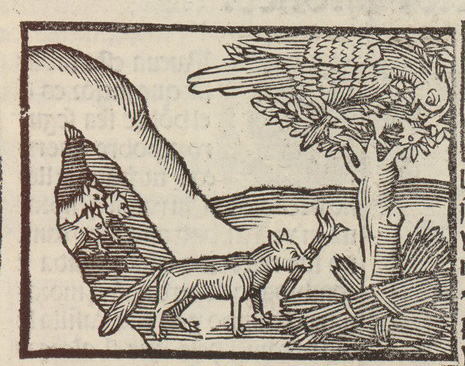Grammatice: Notes on grammar. As another one of my new summer projects (this is the last of the new blogs I am creating, I think!), I'll be publishing some notes here about grammar and linguistics that I hope will be useful for Latin students and teachers. Today's post is about my Slavic background - and how that is fundamentally a part of my perspective on the teaching of Latin grammar.
AudioLatin.com: Proverbs: Here is the audio for 10 more Latin proverbs from Latin Via Proverbs - just the audio, but there is a link to a page where you can get English translations and commentary on the proverbs, too. Today's group includes this great saying about the portability of wisdom (or, we might say today, "transferable job skills"): Sapiens sua bona secum fert.
Latin Via Fables: I've added a Perry fable type, with a Latin version by Caspar Barth plus an illustration, to the blog today. This time it is Perry 65, the delightful story of two friends who meet a bear on the road. Here is the illustration:

Some dynamic content may not display if you are reading this blog via RSS or through an email subscription. You can always visit the Bestiaria Latina blog to see the full content, and to find out how to subscribe to the latest posts.




















